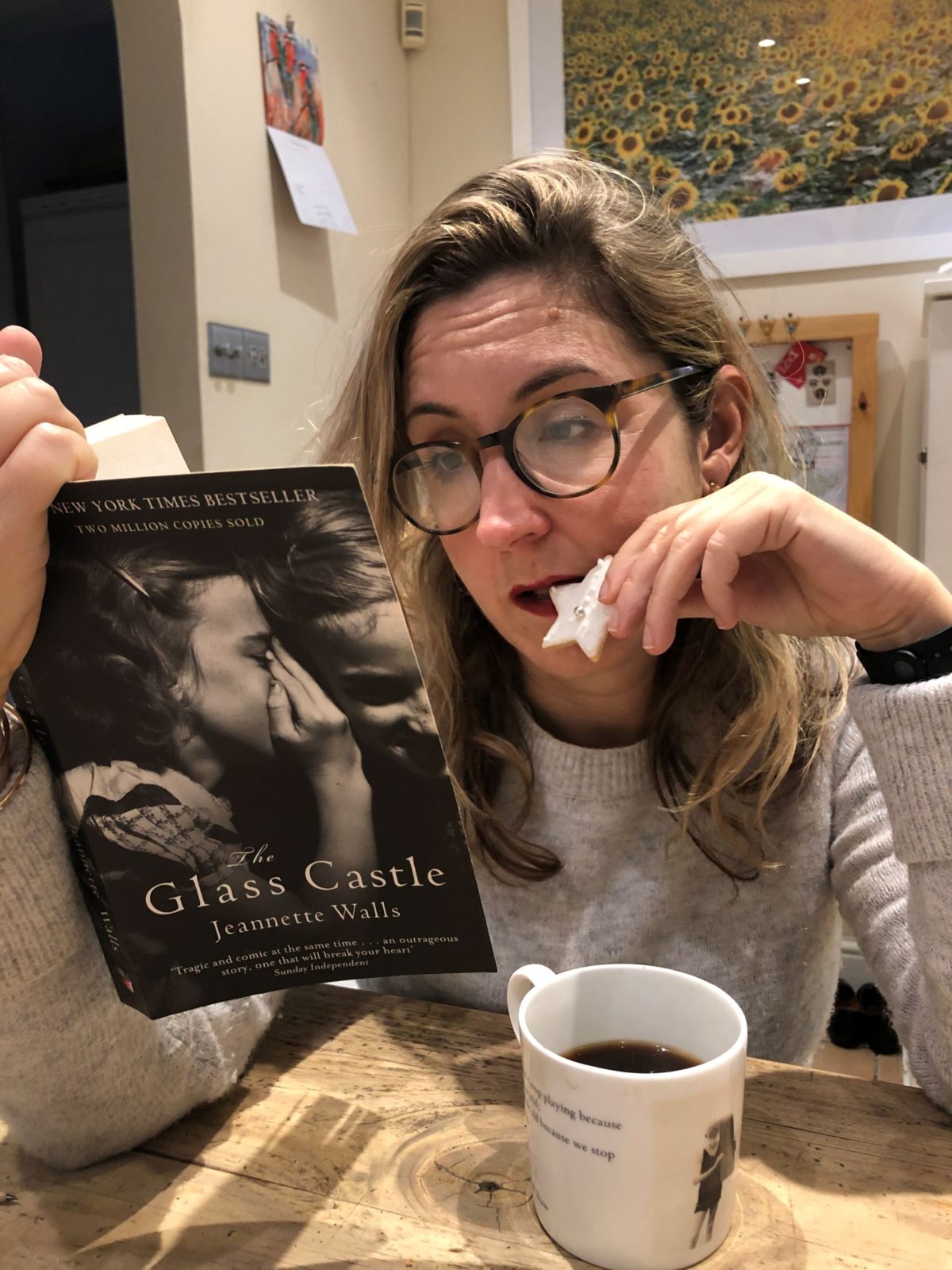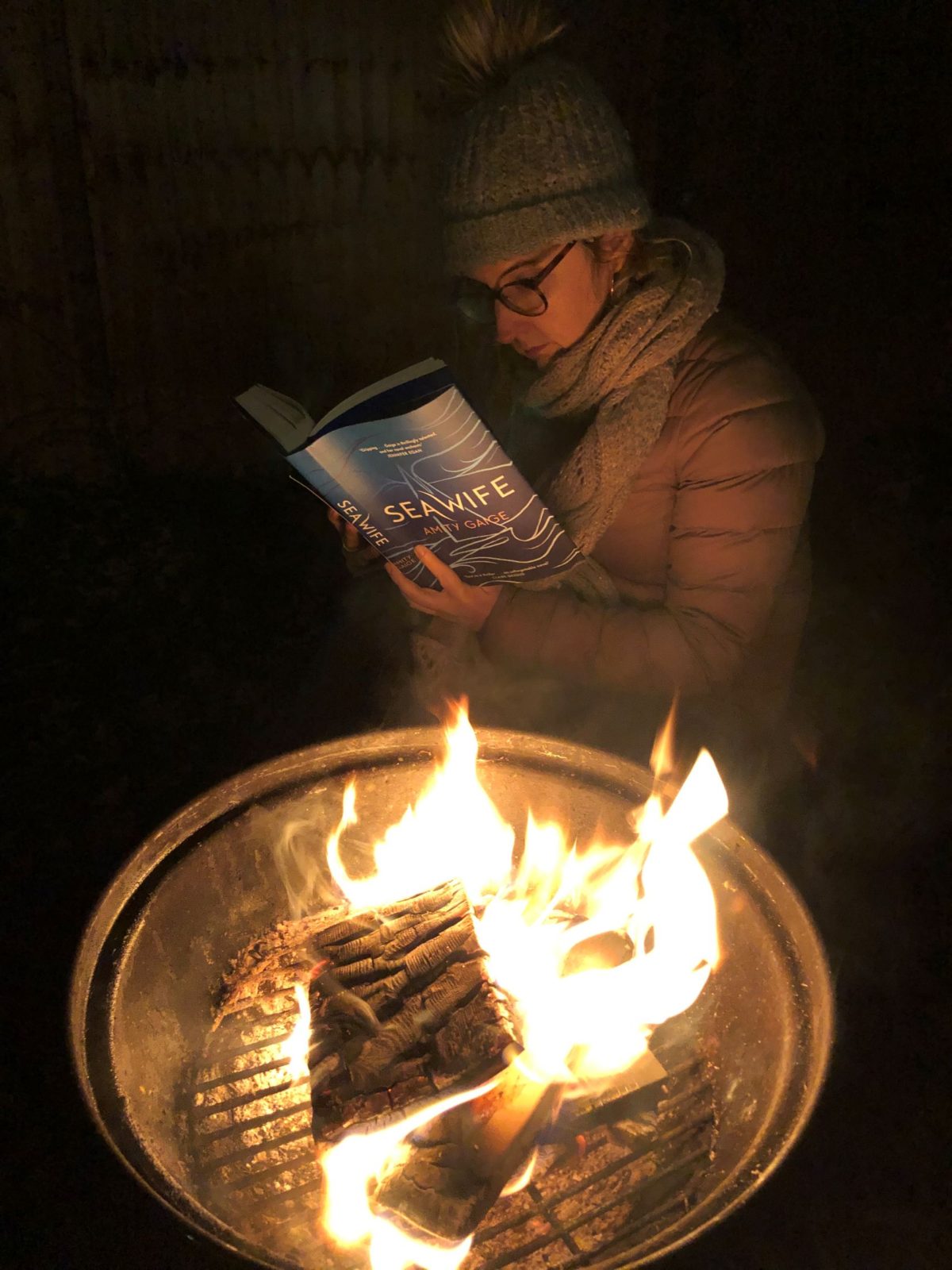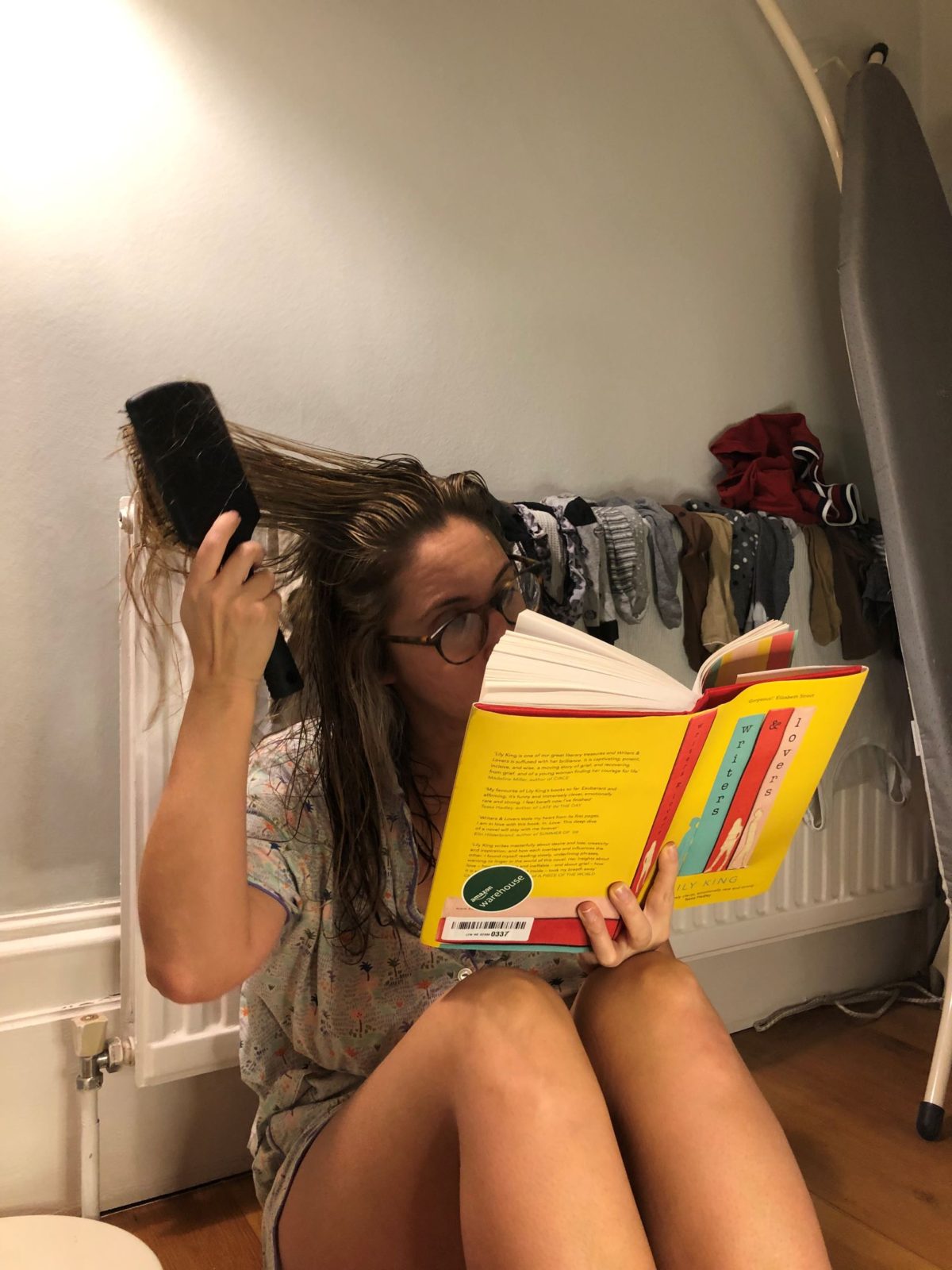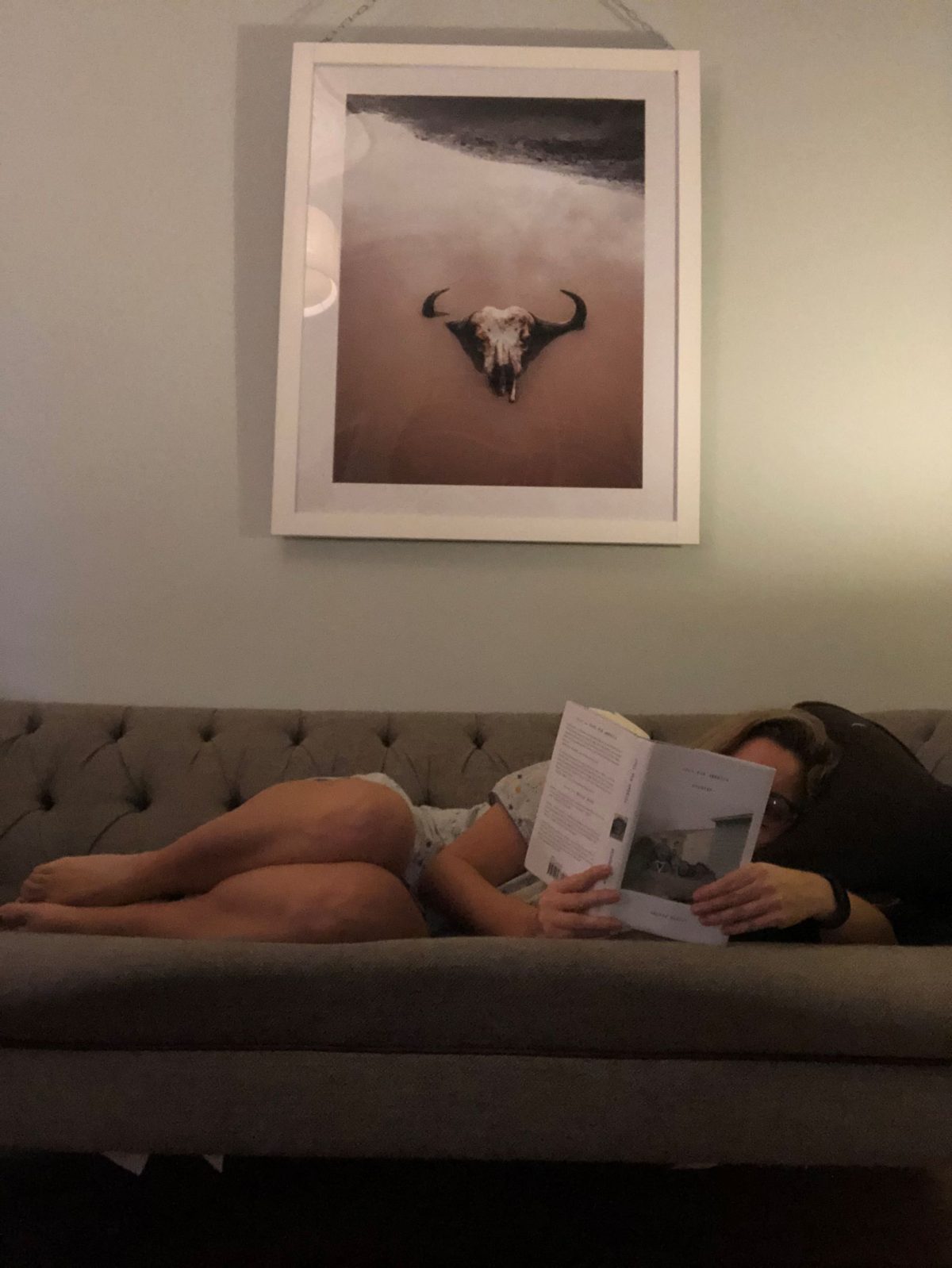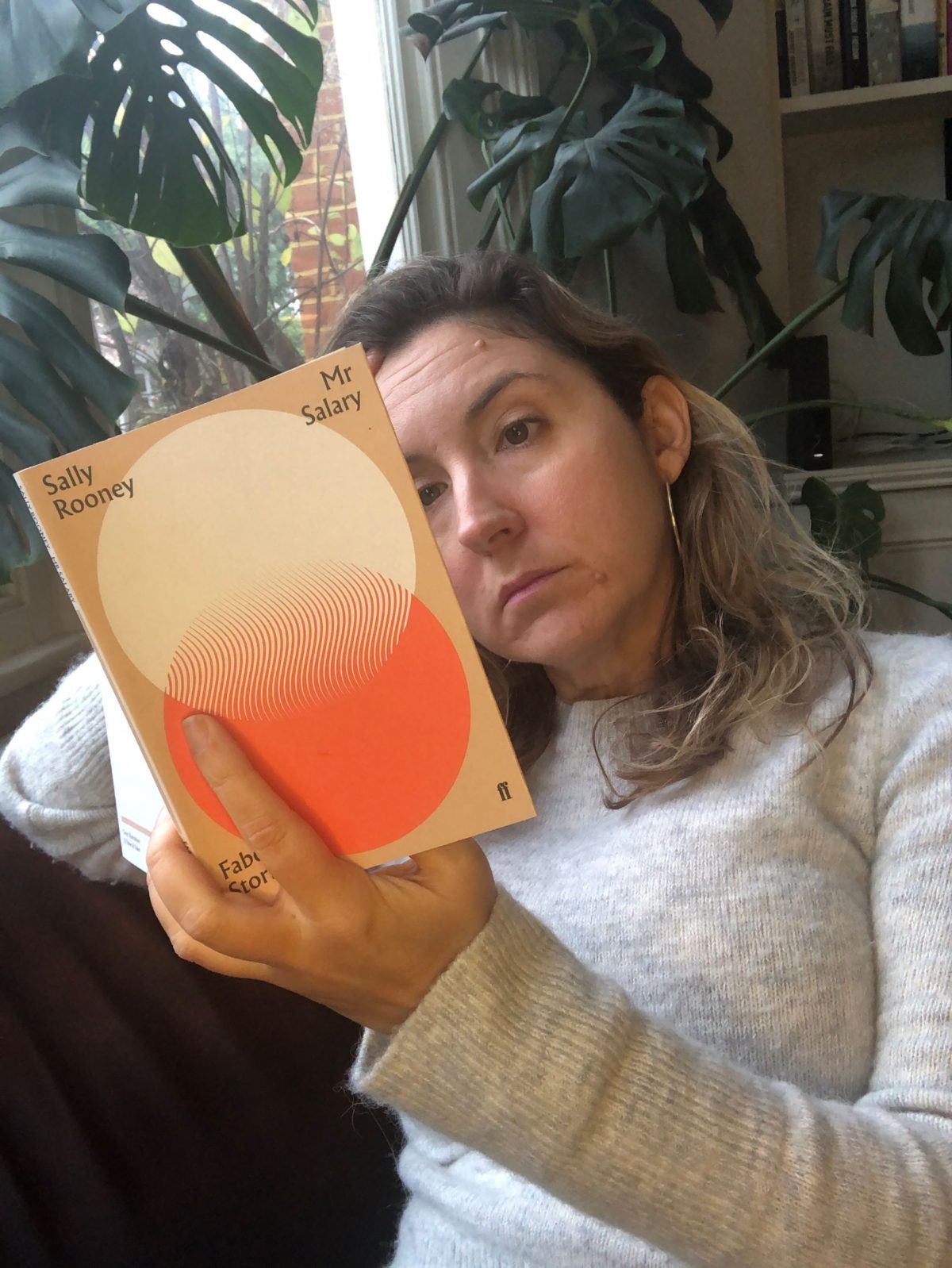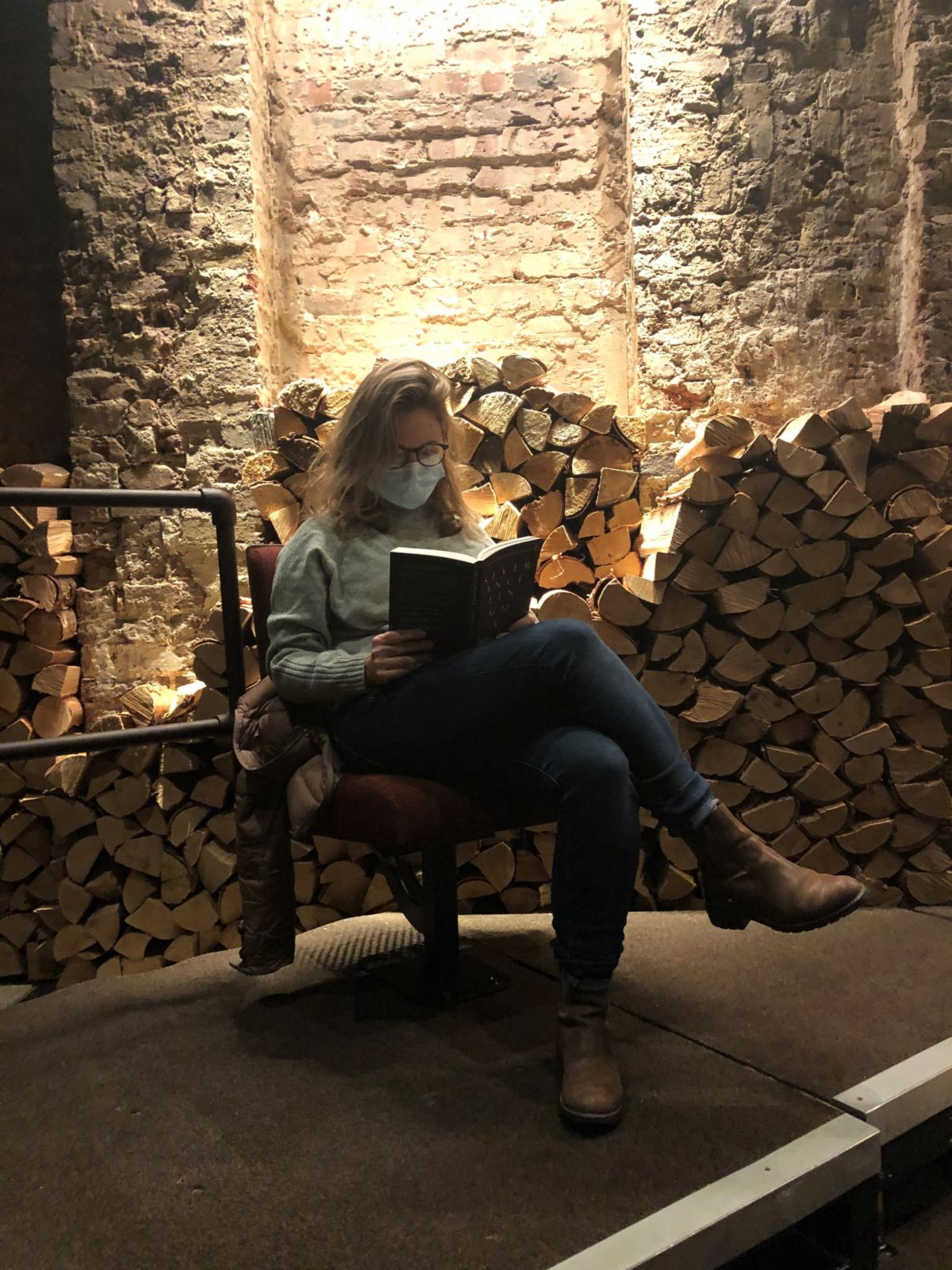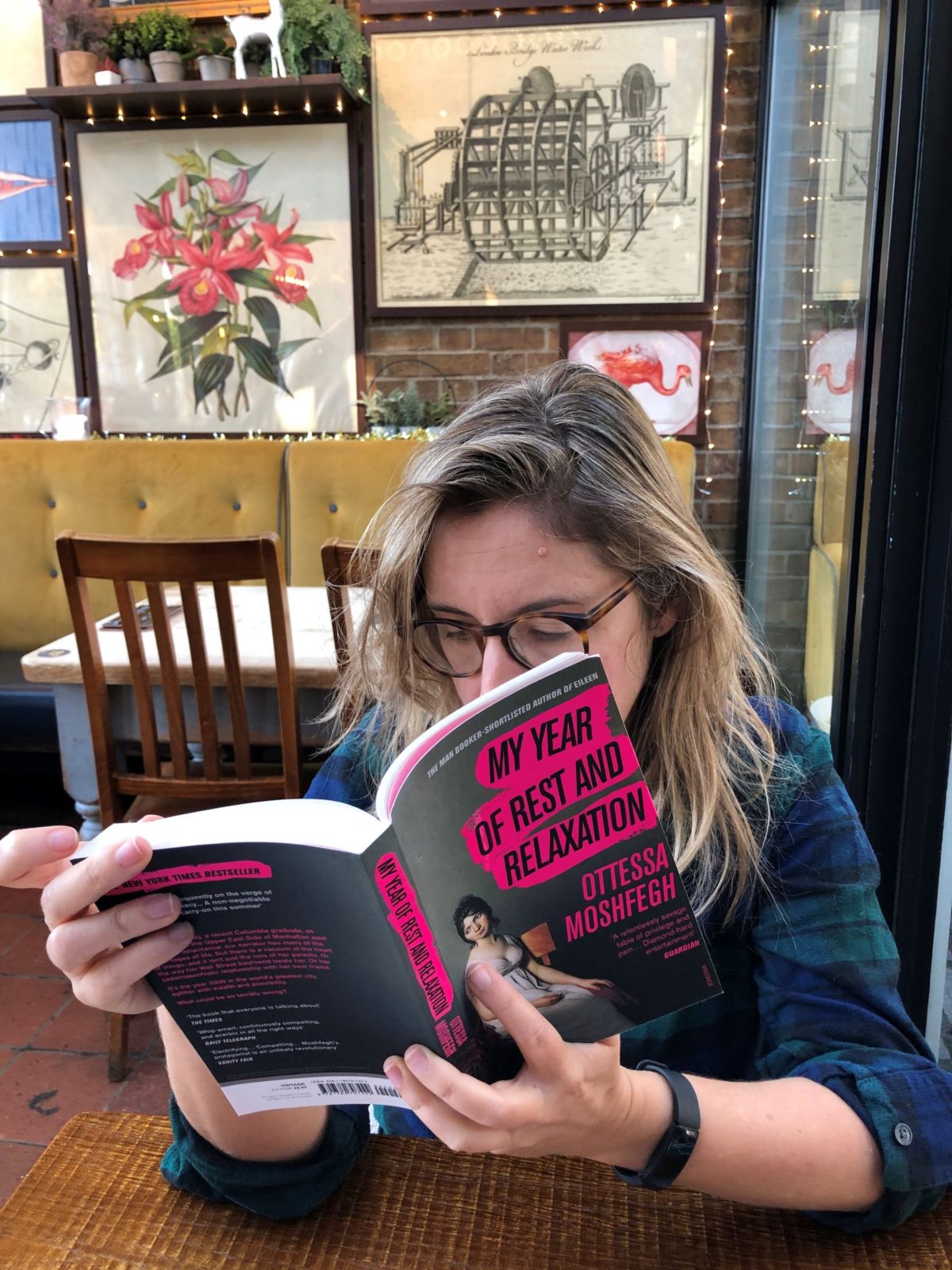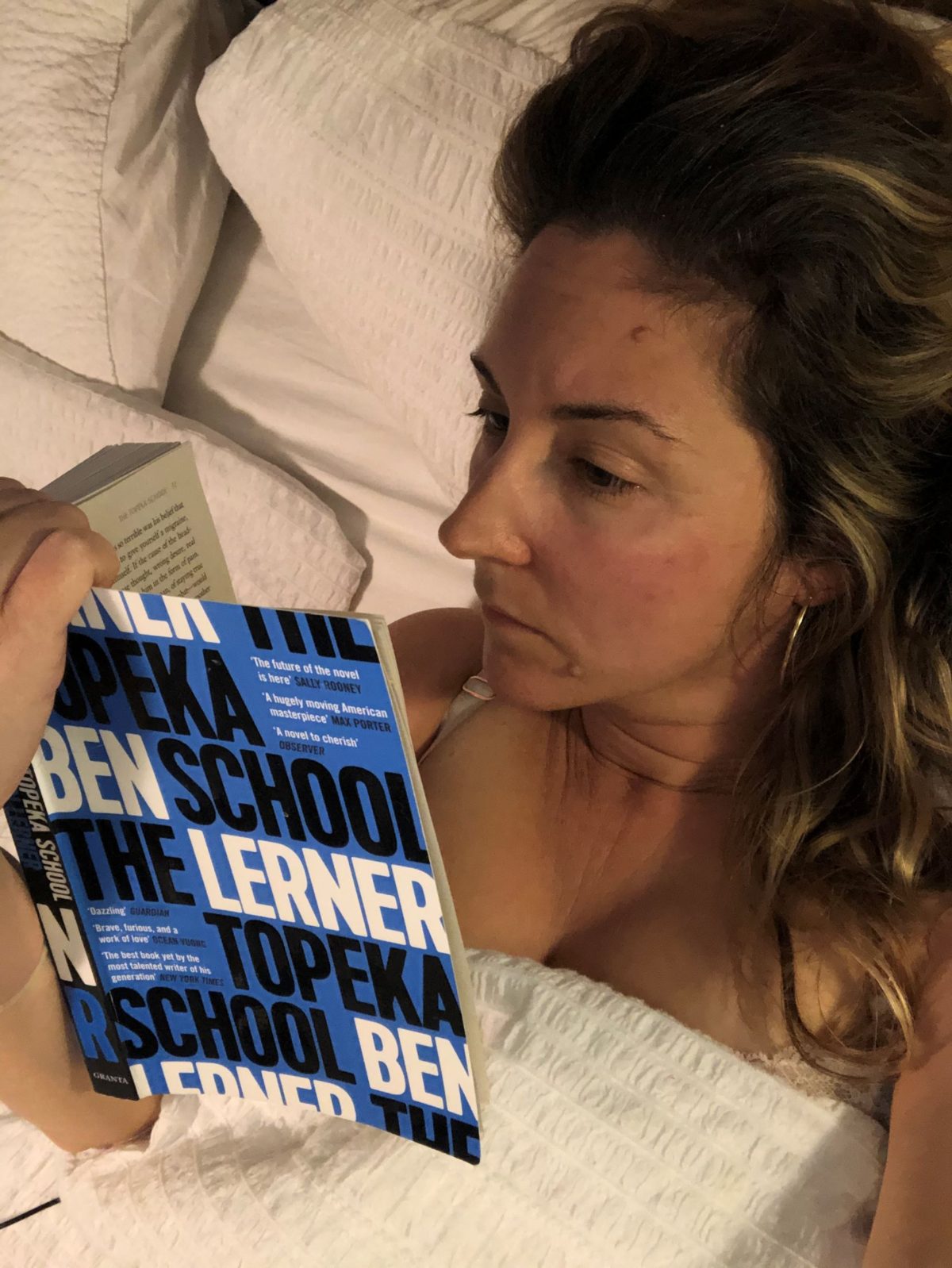This book reminded painfully me of the nightmarish self-involvement that is adolescence. It tells the story of a girl, Lee, who gets a scholarship to a posh boarding school and spends the entire time behaving as if it is a concentration camp designed for in-depth examination of her choices by everyone concerned. I mean check it out kids: you are not that interesting. No one cares.
PREP covers Lee’s four years of high school, and is an exhausting accounting of all the stupid things she worries about. This includes even positive interactions with others:
This anxiety meant that I spent a lot of time hiding, usually in my room, after any pleasant exchange with another person. And there were rules to the anxiety, practically mathematical in their consistency: the less well you knew the person, the greater the pressure the second time around to be special or charming, if that’s what you thought you’d been the first time; mostly it was about reinforcement. Also: the shorter the time that elapsed from your first encounter to your second, the greater the pressure; . . . And finally: the better the original interaction, the greater the pressure. Often, my anxiety would set in prior to the end of the interaction – I’d just want it to be over while we all still liked each other, before things turned.
Eventually as a senior she starts to hook up with a guy she has had a crush on for a long time. It remains ‘secret’ for reasons that are unclear to her.
Before and after I was involved with Cross Sugarman, I heard a thousand times that a boy, or a man, can’t make you happy, that you have to be happy on your own before you can be happy with another person. All I can say is, I wish it were true.
This did make me laugh. It’s a lot of peoples’ experience, but it’s not something often admitted.
I enjoyed the book, it was very more-ish, but quite interestingly it didn’t actually go anywhere. She got older, but no wiser. I guess we typically assume that books have a shape and some kind of resolution (especially when they appear on the surface to be coming-of-age stories) but in this case, there was none. For a while I found it annoying, but perhaps it’s just honest. Sometimes I guess it’s true you just don’t change, but stay trapped on the same old hamster wheel.


